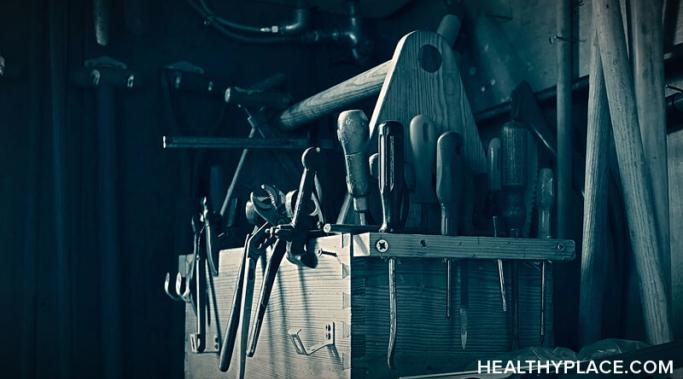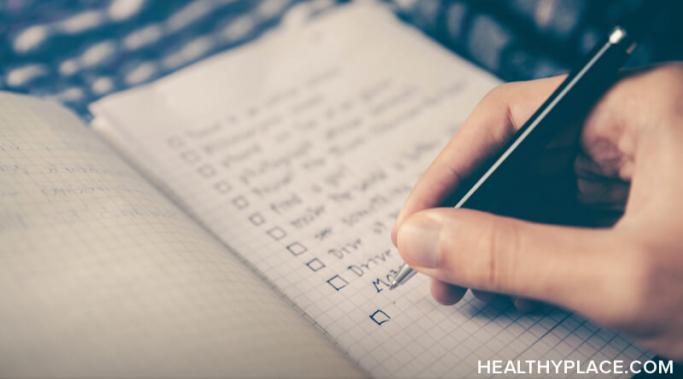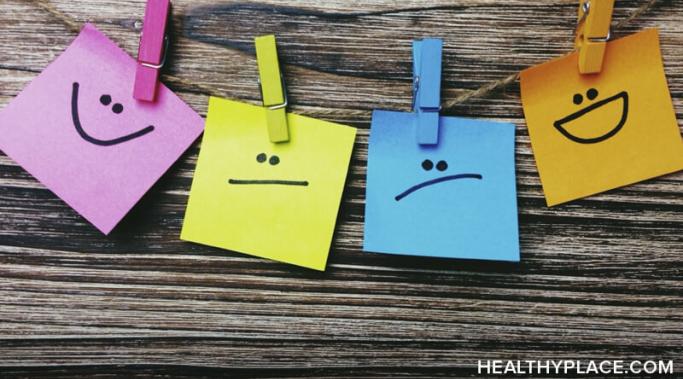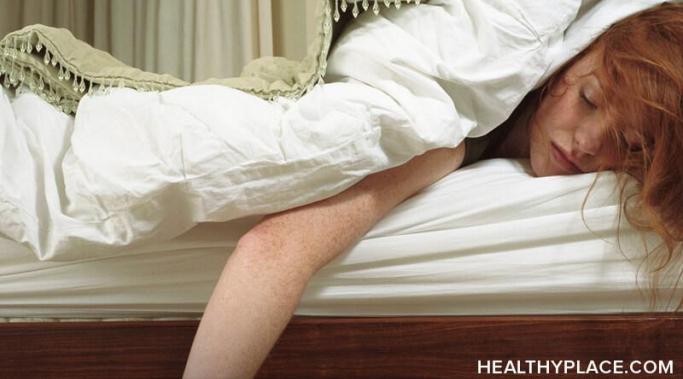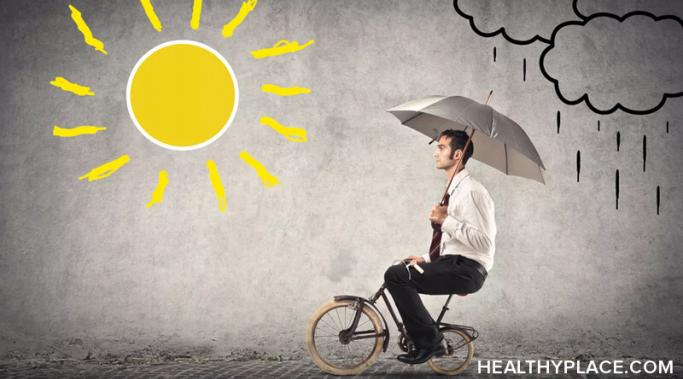I typically use distress tolerance coping skills several times a week to get me through intense feelings that threaten to completely overwhelm me. In the past, I have tried to deny these feelings, as if I could will them away simply because I didn't like them, but I've recently learned that this approach can actually intensify distressing emotions. Now, I am learning to tolerate these emotions while they last, and encourage them to run their course through me. I'm realizing that even though this is uncomfortable and scary, it's typically quicker and less painful than trying to reject the emotions entirely. Everyone has different distress tolerance coping skills that work for them, but I thought I would share a few of mine in the hopes that they might be helpful for others as well.
Recovering from Mental Illness
Emotional resilience is very important to a person's wellbeing. It is a way to describe how well you mentally bounce back from upsetting situations and events. Resilience can be crucial in mental illness recovery where stress can aggravate symptoms. Being able to better handle stress improves stability.
The bullet journal is one of the best planners for people living with a mental illness, and I'll tell you why. Organization can be an incredibly important part of mental health recovery, and one of the best organizational systems for those of us with mental illness is the bullet journal. Basically, a bullet journal is a planner you create yourself using a blank notebook. This system allows for all kinds of organizational techniques, from the most colorful creativity to the most bare-bones minimalism.
Having a baby affected my mental health recovery. I knew when my daughter was born three years ago that my life would never be the same. I had lots of support, but I still wasn't sure how having a baby would affect my recovery from schizoaffective disorder.
There are a lot of resources out there for how to deal with seasonal depression in the wintertime, but what about summertime depression? Coping with summertime depression is difficult because the sun is shining, the days are long, and the pressure to enjoy ourselves is high. For some of us though, summer brings with it unique challenges that can cause worsening depression symptoms.
You'll never know what you're truly capable of until you take risks and push yourself. This applies to everyone -- with or without a mental illness.
Is your habitual thinking helpful or unhelpful to your mental health recovery? Today, my therapist completely changed my approach to recovery, and even more importantly, she changed how I see myself and my decisions. With one simple question, she encouraged me to be more compassionate toward myself than I have been in years. I was explaining to her how I tend to get stuck in my mind whenever I feel I've failed or messed up because I sit and think about what I've done wrong, why, and why that makes me a terrible person. She asked, "Okay, but how does that help you?"
I've struggled a lot with getting a good night's sleep. Almost every night I laid awake with my racing, anxious thoughts. I was exhausted physically, but couldn't quiet my mind. Once I finally fell asleep it wasn't for long. I would get up several times throughout the night. Some days I couldn't keep my eyes open at work. I would find a way to take a nap if at all possible. My situation felt desperate so I have been on a quest the past several months to discover ways to get a good night's sleep.
It's really okay to be lazy sometimes. Many of us with mental illness have been called lazy at one time or another due to the symptoms of our mental illness. When people don't understand our symptoms, they often try to shame us into simply not being mentally ill anymore by saying we're just being lazy or aren't trying hard enough. "Lazy" then transforms from a simple descriptive word to a powerful tool of shame. "Lazy" becomes the worst thing we could possibly be, and many of us avoid it at any cost. But the truth is, those of us with mental illness can be just as lazy as anybody else.
A few months ago I underwent eye muscle surgery to better align my eyes. This is a problem I have struggled with since birth, so it really gave my confidence a boost to look in the mirror and see straight eyes. The surgery was elective and something I really had to ask for.
